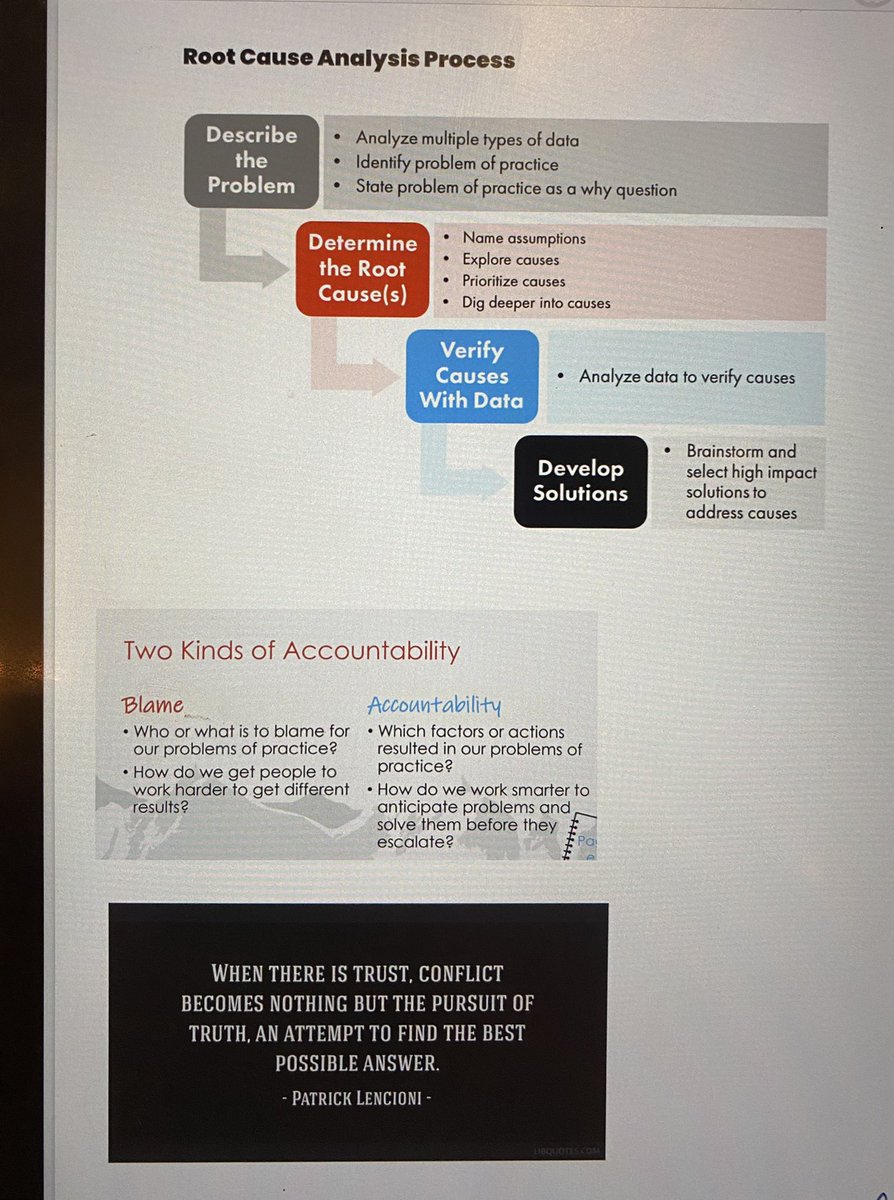Start working aT Netflix | Apply Now
Have work at Netflix| Join Us
Make money from Netflix JOB | Start Now
If you’re not getting the results you want at work, it may be time to escalate the issue. But how do you know when and how to do it? Here are some tips.
First, ask yourself if there’s a reason to believe that escalating the issue will lead to a better outcome. If your boss has a history of ignoring your concerns, for example, going over his or her head may not be productive. Second, consider whether there’s someone else who can help resolve the issue before taking it to a higher level.
It may be quicker and easier to get results by talking to your co-workers or HR than going directly to your boss.
Click Here to Start a Career at Netflix
It’s not always easy to know when or how to escalate an issue at work. But if you’re not getting the results you need, it may be time to take things up a notch. Here are some tips on when and how to escalate issues at work so you can get the results you want:
1. When you’ve tried everything else and nothing is working. If you’ve tried multiple times to resolve an issue with no success, it may be time to escalate. This shows that you’re committed to finding a resolution and that other methods have failed.
2. When the issue is affecting your work performance. If the issue is impacting your ability to do your job, it’s definitely worth escalating. Your manager will likely be more receptive to addressing the issue if it’s affecting your work negatively.
3. When the issue is affecting other people in the company. If other employees are also being impacted by the issue, don’t hesitate to raise it with your manager or HR department. The more people who are affected, the more likely something will be done about it.
4 .When you feel like you’re being ignored . If repeated attempts to address an issue have been met with inaction, it may be time t o start going over your manager ‘s head .
This could mean going t o HR or even speaking t o someone in a higher position within the company . It may seem daunting , but sometimes this is what’s necessary t o get results . 5 .
When there ‘s an imminent deadline . If there ‘s a looming deadline for addressing the issue , make sure your manager is aware of it and feels a sense of urgency as well . This could be just what’s needed t o finally get some movement on resolving the matter .
How to De-escalate Conflict at Work
How Do You Escalate a Work Issue?
If you’re having an issue at work, there are a few things you can do to try and resolve the situation. First, try talking to your supervisor or manager about the problem. If that doesn’t work, you can always go to HR.
But sometimes, even those avenues don’t lead to a resolution. So what do you do then? There are a few things you can do to escalate a work issue:
1. Talk to a senior member of management. This could be your boss’s boss, or someone else in a position of authority. Sometimes, getting another perspective on the situation can help resolve it.
2. Go directly to HR. If you’ve already talked to your supervisor and/or manager and haven’t been able to come to a resolution, going to HR is likely your next best step. They’ll be able to investigate the situation and take appropriate action if necessary.
3. File a formal complaint. If all else fails, filing a formal complaint (either with HR or with your company’s legal department) is an option. This should only be done as a last resort, as it may damage your relationship with your employer and make it difficult to continue working there effectively.
When Should You Escalate a Situation to Your Manager?
If you’re ever feeling uncomfortable or unsafe at work, it’s important to know when to escalate the situation to your manager. Here are some signs that it may be time to speak up: -You feel like you’re being harassed or discriminated against
-You’re being asked to do something illegal or unethical -You witness someone else in the workplace being treated unfairly -You’re not being given the resources you need to do your job properly
-Your workload is becoming unmanageable Of course, these are just a few examples – if you ever feel like something at work isn’t right, trust your gut and speak up. Your manager is there to help you navigate these situations and ensure that everyone in the workplace is happy and safe.
What is Escalation Procedures for Resolving Issues?
In any customer service organization, it is inevitable that some issues will require escalation in order to be resolved. Escalation procedures are designed to ensure that these issues are properly and efficiently escalated to the appropriate level of management within the company. There are many different ways in which an issue can be escalated.
The most common method is for the frontline customer service representative to escalate the issue to their supervisor or manager. In some cases, the issue may need to be escalated even further, to a team leader or other senior management member. It is important for all customer service representatives to be familiar with the escalation procedures of their company.
This way, they can effectively and efficiently escalate any issues that come up during a call or interaction with a customer. By following proper escalation procedures, companies can ensure that issues are resolved in a timely manner and customers remain satisfied with their experience.
How Do You Politely Escalate?
If you’re in a situation where you need to escalate, the best thing to do is be polite and direct. Explain the situation and why you feel it needs to be escalated, and ask for the person’s help in doing so. It’s important to remember that escalating doesn’t always mean going up the chain of command – sometimes it just means getting more information or resources from the person you’re dealing with.
Whatever the case may be, being polite and clear about your needs will help ensure that you get the assistance you need.
Click Here to Start a Career at Netflix

Credit: mobile.twitter.com
How to Handle Escalations at Work
If you’re a manager, chances are you’ve had to deal with an escalation at some point. Maybe an employee came to you with a problem that they couldn’t solve, or maybe you witnessed a situation escalating out of control. Either way, it’s important to know how to handle these situations effectively.
Here are some tips for handling escalations at work: 1. Stay calm and collected. This can be difficult when things are getting heated, but it’s important to stay level-headed.
Remember that you’re the one in charge and that your employees are looking to you for guidance. 2. Listen carefully. Once the initial panic has subsided, take a step back and listen to what your employees are saying.
Really try to understand their perspective and what they’re trying to achieve. Only then can you start working towards a solution. 3. Find a compromise.
In most cases, there is no need for someone to be right or wrong – what’s important is finding a resolution that everyone can live with. Brainstorm different options and consider all sides before making a decision. 4 .
Communicate clearly . Once you’ve come up with a plan of action, make sure everyone involved knows what their role is and what needs to be done . There’s nothing worse than confusion in the midst of an escalation , so clear communication is key .
Escalations can be tricky , but if you follow these tips , you should be able to handle them like a pro .
How to Avoid Escalations at Work
It’s no secret that workplace conflict can be incredibly stressful. Not only does it take up valuable time and energy, but it can also damage relationships and lead to decreased productivity. So what can you do to prevent escalations at work?
Here are a few tips: 1. Communicate openly and honestly with your colleagues. If you’re feeling frustrated or overwhelmed, tell them!
Trying to bottle everything up will only make things worse in the long run. 2. Be willing to compromise. It’s important to stand up for yourself when necessary, but remember that there is usually room for negotiation.
Sometimes it’s better to take a step back and let someone else have the victory than risk further escalation. 3. Take a break if things start to get heated. Sometimes all it takes is a few minutes (or even hours) away from the situation to calm down and see things more clearly.
If you feel like an argument is about to erupt, excuse yourself for a brief moment so you can regroup before continuing the discussion.
Escalation Procedures for Resolving Issues
If you’re having an issue with a product or service, it’s important to know the proper escalation procedures for getting it resolved. Depending on the company, there may be different ways to escalate an issue. Here are some general tips:
1. Start by contacting customer service. This is usually the best way to get a quick resolution. The customer service representative will likely have access to tools and resources that can help resolve your issue.
2. If you’re not satisfied with the response from customer service, ask to speak with a supervisor or manager. This person will likely have more authority to help resolve your issue. 3. If you’re still not satisfied, you can escalate the issue to a corporate level.
This may involve contacting the company’s corporate office or filing a complaint with a government agency (such as the Better Business Bureau). It’s important to remember that escalations should be used as a last resort. Most issues can be resolved through direct communication with customer service representatives.
But if you feel like you’re not getting anywhere, don’t hesitate to use escalation procedures to get results.
Click Here to Start a Career at Netflix
Conclusion
If you’re having trouble getting results from your boss or colleagues at work, it might be time to escalate the issue. But how do you know when and how to do it? In this blog post, we’ll give you some tips on when and how to escalate issues at work so that you can get the results you need.
First, let’s talk about when to escalate an issue. If you’ve been trying to resolve an issue for a while without success, it might be time to escalate. For example, if you’ve been trying to get your boss to approve a project for weeks and they keep putting it off, it might be time to go over their head.
Or, if you’re constantly being assigned tasks that are outside of your job description, it might be time to have a conversation with your supervisor about what your responsibilities are. If you’re not sure whether or not an issue warrants escalation, ask yourself if the problem is impacting your ability to do your job or causing stress in your personal life. If the answer is yes, then it’s probably time toescalate.
Now let’s talk about howtoescalate an issue. The first step isto try and resolve the issue informallyby talkingto the person who can helpyou directly. For example, ifyou’re having trouble getting approvalsfor a project fromyour boss , sit down with themand explain whythe project is importantand what the timeline looks like .
If informal conversations aren’t getting results ,the next step istouse the proper channelsat your companyto filea formal complaint . This could mean going through HR or filinga grievancewith your union (ifyou have one) . The key thingto remember when escalatinganissueis topickyour battles wisely .
Not every problemwarrantsgoing over someone’s heador filingaformal complaint . But ifyou feel likeyou’ve tried everythingelse andare still not gettingresults , don’t hesitate totake action .



